Saeed Cheharazad, a post-doctorate in international relations at Allameh Tabatabaei University, who analyzed the transformation of diplomacy in the era of artificial intelligence in a specialized meeting on “Foreign Relations in the Age of Artificial Intelligence” hosted by the Strategic Council on Foreign Relations, noted that in this analysis, we discuss the issue of artificial intelligence from the perspective of human sciences, especially social and political sciences.
He added that artificial intelligence has been used in various fields in the last two decades. In general, Social and political sciences and international relations have not been exempted from this rule.
He stated that the age of artificial intelligence had created a scientific revolution in diplomatic studies. If we are allowed to use Kohn’s literature in the philosophy of science, it must be said that we have entered a new paradigm in diplomacy. This new paradigm is the same paradigm shift in the philosophy of diplomacy. Basically, it seems a bit hard and difficult to introduce artificial intelligence to diplomacy right from the beginning. Taking concepts such as data, gig, machine, and non-human intelligence to the diplomacy apparatus is another thing.
Remembering that talking about artificial intelligence has existed since the time of Alan Turing and has been long-standing, this researcher said that “but speaking and hearing new words about artificial intelligence, that is side by side with humanities, especially in this case, diplomacy, may be original and innovative as it is recent.
This academic staff member of Allameh Tabatabaei University continued by emphasizing the need to pay attention to the theoretical architecture of this issue and said that the meeting three years ago with Dr. Kharrazi was the beginning of choosing this topic and the interdisciplinary responsibility of artificial intelligence and international relations and diplomacy. I have examined more than three thousand references. The questions that we first raised with Dr. Kharrazi and the questions raised by Dr. Sattari are very important and fundamental.
He raised these questions: In the age and rule of artificial intelligence, what will be the future of the issue of democracy that is discussed in the humanities? In which direction will the foreign policy cycle change course? Will the world system become more anarchic or reach a machine order? Will international institutions, regimes, and treaties be effective or not?
He said that another point is to question the theories of diplomacy. In a situation where the explosion of plurality, caused by the dominance of artificial intelligence, does not create any single narrative, the discussion of justice and the abandonment of a single discourse in the world makes Francis Fukuyama’s theory of the end of history questionable and its global spread basically invalid. In this situation, we will never again be able to analyze the international political economy as before.
This researcher emphasized that basically, actors have entered the arena of the international system, who put aside the traditionality of the world game, and this has caused the world economy to enter a new era.
Stating that the international security and geopolitics of the border are not the same as in the past with the dominance of artificial intelligence, Cheherazad explained that “our culture, components, political, social and diplomatic norms are experiencing different conditions in all countries, and that nation-state whose geography is its focal point no longer exists. The profound changes brought to the international sanctions system through artificial intelligence are also the focus of the discussion.
He said that “platform capitalism, with reliance on the big data provided by artificial intelligence, has brought new actors into the international system. Amazon, Microsoft, Google, Apple, etc., have profoundly changed the game and international competition; even their capital is more than many other countries. This is why we can propose new concepts such as the geopolitics of Silicon Valley, and the Heartland theory is also criticized in a way”.
By explaining a triple model in line with and to examine the correlation between artificial intelligence and diplomacy, which has very simple topics in its subcategory, this researcher explained that this triple model includes one AI for artificial intelligence and artificial intelligence for AI, and the other is diplomacy for artificial intelligence and artificial intelligence in diplomacy. Artificial intelligence for diplomacy is such that in a situation where international relations and world order are in a state of tension and war, artificial intelligence can take care of passing through it by creating algorithms to make the right policy in this era.
Cheherazad emphasized that at this stage, human errors in policymaking will be much less, and computational international relations and the term “automated diplomacy” will design favorable situations for the brokerage of the machine and provide logical solutions to achieve it. The second axis, diplomacy for artificial intelligence, is that diplomacy is considered a platform to promote all emerging technologies, including artificial intelligence. But for any country to expand this technology, including artificial intelligence, at the international level, it is necessary to use its diplomatic relations to strengthen it.
He added that consular and diplomatic networks provide the conditions for the presence of researchers in multinational artificial intelligence programs.
While explaining and analyzing the analytical role of artificial intelligence, Cheherazad added that the predictive role of artificial intelligence should also be considered. Foresight and future research are an almost new field that has come to the aid of all sciences, and diplomacy and international relations are never excluded from it. Artificial intelligence and this emerging technology are very effective for mapping the future and creating a predictive role.
This researcher considered the third role to be an operational role. Referring to the role of using drones in diplomacy, he said that the entry of AI into diplomacy has transformed it. We are forced to refer to the context of other studies, especially interdisciplinary studies, and create a new methodology, epistemology, ontology, and anthropology in diplomacy.
He said that developing any technological ecosystem without processing these issues is impossible. As explained by the Supreme Leader, the importance of this issue is that artificial intelligence plays a profound role in the future administration of the international system. As one of the actors of the world order, we must seriously and persistently pay attention to this important statement of the Supreme Leader so as not to lag behind others in the global network of post-American international power and order.
Cheherazad added that artificial intelligence has undergone profound changes in various theoretical and practical international relations and diplomacy fields. If we explore international relations and diplomacy from any perspective, the studies will definitely be incomplete if we do not include the artificial intelligence component.
“These developments, especially the role of platform capitalism in the international political economy and the way artificial intelligence interventions are important in transforming international theories; without processing theories of international relations, including global theories or ecological theories, and without internalizing new concepts, diplomacy has also changed. Discontinuities and developments in studies and operations of the international system should be carefully considered”.
He emphasized that artificial intelligence can affect the sanctions system, and there is room for research. Finally, developing what I have called algorithmic diplomacy requires serious and careful consideration and application, which I hope will be asked in theory and inspired in the practice of diplomacy.


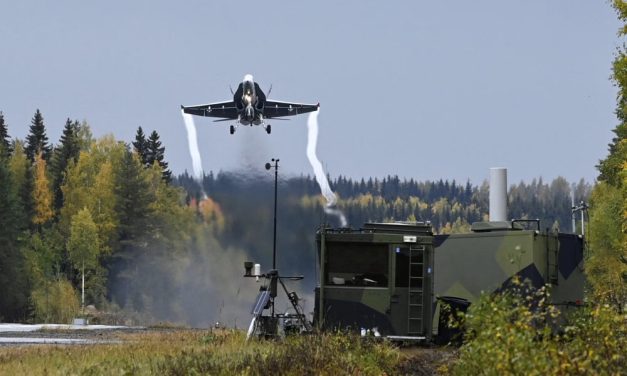
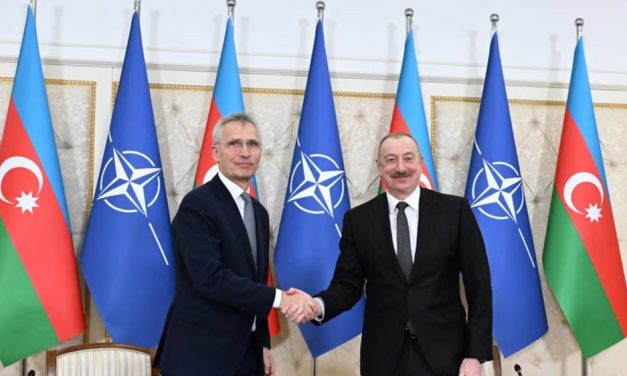
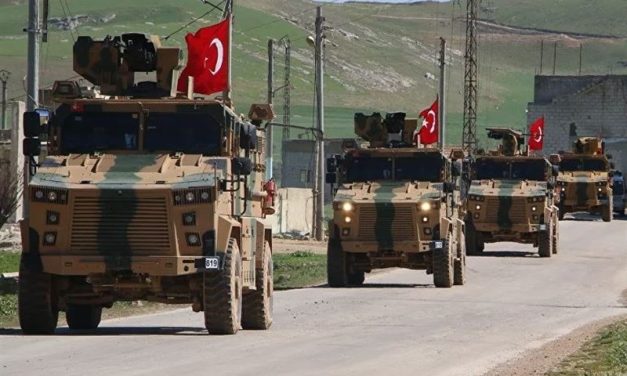
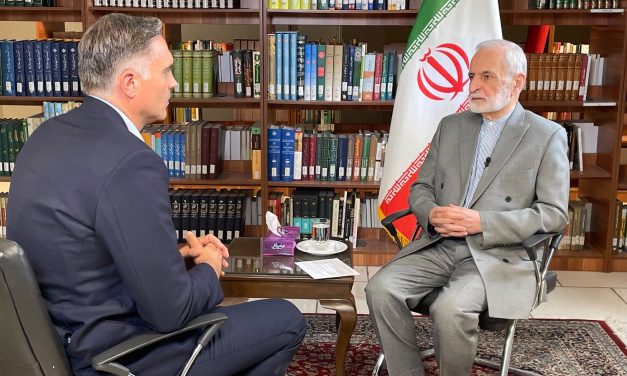
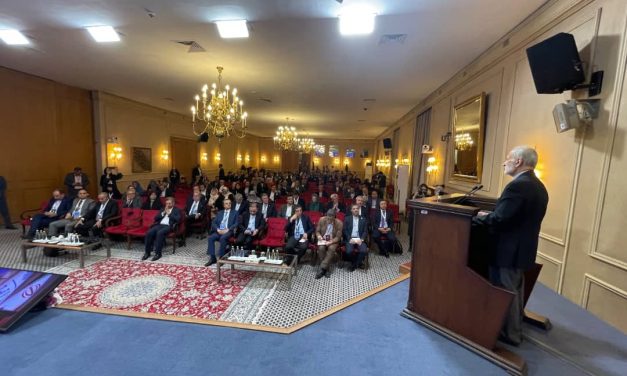
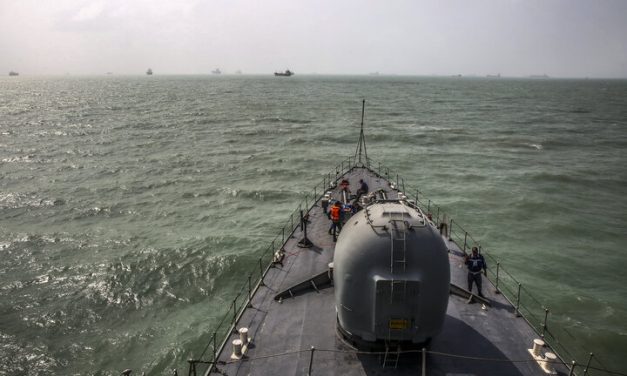


0 Comments